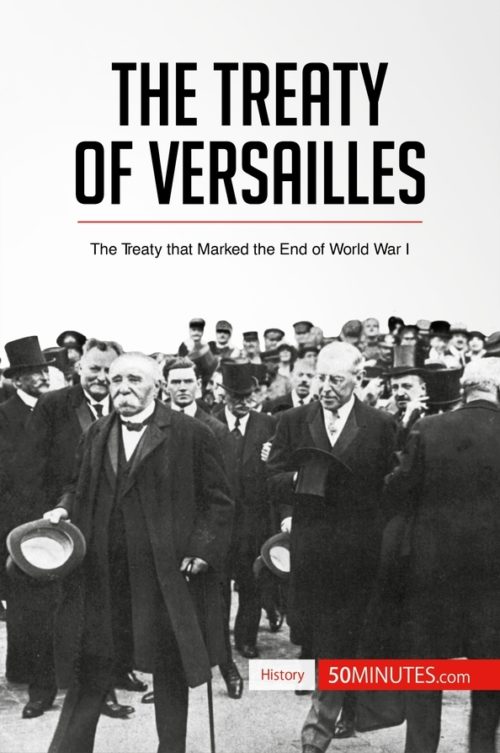Gandhi
Gandhi
$4.99
Read more
Mahatma Gandhi was one of the emblematic figures of Indian independence and remains an icon of nonviolent resistance. Through actions such as the Salt March and his celebrated Quit India speech, Gandhi helped his compatriots to throw off the yoke of British colonialism and become an independent nation. His peaceful protests brought him renown all over the world and inspired many other figures in their fight against discrimination and injustice, including Martin Luther King and Nelson Mandela. In just 50 minutes, you will find out about the decisive impact of Gandhi’s actions on Indian history and his crucial influence on subsequent anticolonialism movements.
This straightforward and informative book provides a thorough discussion of the key moments in Gandhi’s life, including his time in England and South Africa and his work with the Indian National Congress. It also features a full biography, a valuable introduction to the political, social and economic context and an evaluation of the impact of his actions, giving you all the essentials about the man who came to be known as the Father of the Nation.
About Mahatma Gandhi
Mahatma Gandhi was born in Porbandar in the state of Gujurat in 1869. He went on to study in England and work as a lawyer in South Africa, where he developed a keen awareness of the discrimination faced by his compatriots and first set out his vision of nonviolent civil resistance and simple living. These concepts proved hugely influential in India’s fight for independence from Britain, which was finally achieved in 1947. Gandhi was assassinated by a Hindu extremist as he was on his way to a prayer meeting in 1948.
This clear and accessible 45-page book is structured as follows:
- Introduction to Mahatma Gandhi
- Biography of Mahatma Gandhi
- An English education
- An African adventure
- Return to India
- The period of disillusionment
- Context
- South Africa under British rule
- The British Raj
- Indian society at the beginning of the 20th century
- Highlights
- Twenty years in Africa
- India: from loyalty to autonomy
- Towards independence
- Simple living, a moral and political weapon
- Impact of Gandhi’s work
- The humanity of a symbol: realities and controversies
- Gandhi’s assassination and celebration as “Father of the Nation”
- A bloody and transformative independence
- Summary
Product details
| ISBN | 9782806289520 |
|---|---|
| Publisher | Plurilingua Publishing |
| Series | 50MINUTES.COM – History |
| Format | |
| Pages | 45 |
| File size | 3.7 MB |






